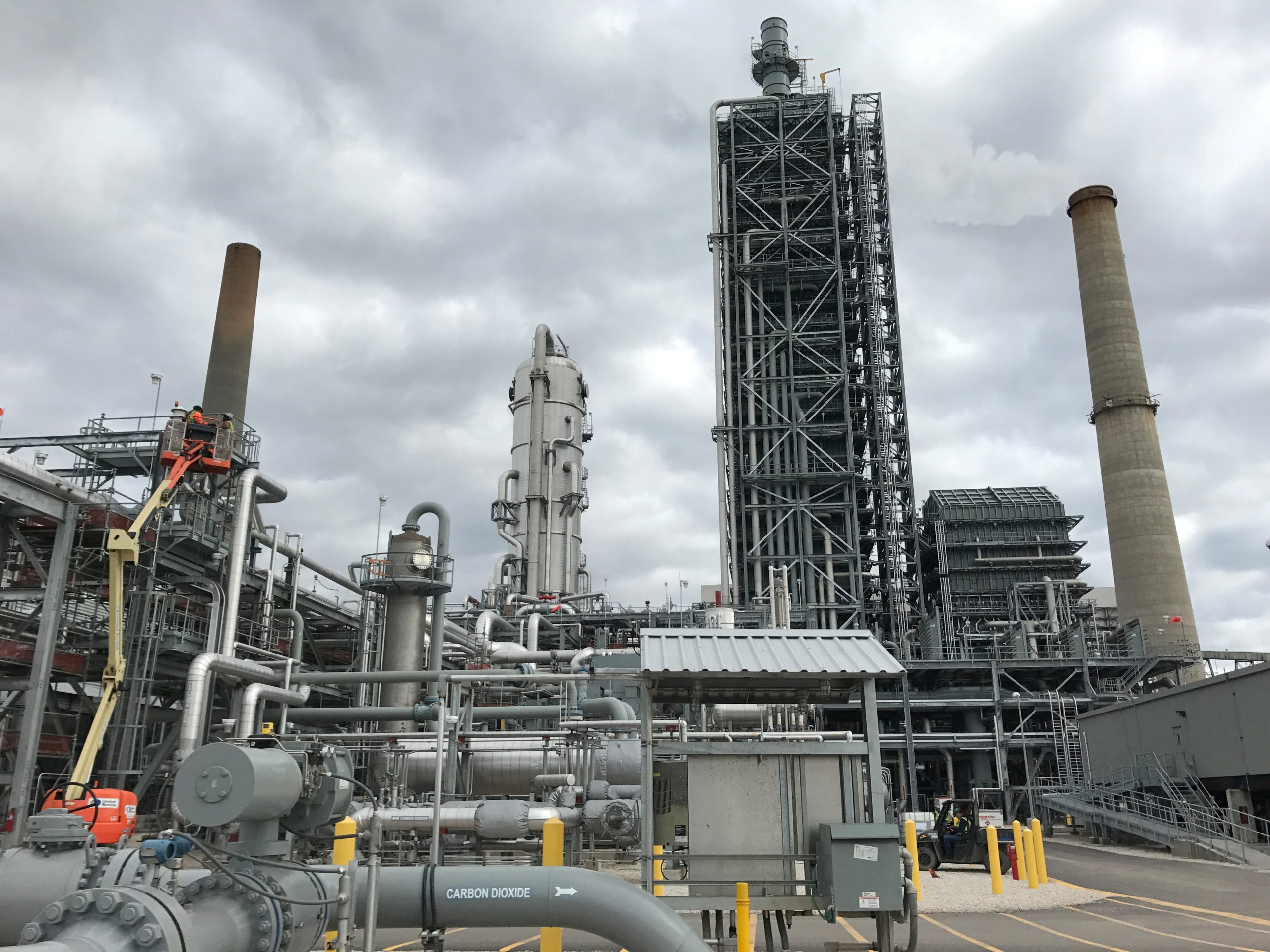The U.S. government is betting on carbon capture technology to help reduce planet-warming emissions
The U.S. government may soon require natural gas-fired power plants to install technology to capture planet-warming carbon emissions.
That’s according to sources who spoke to Reuters, ahead of an announcement that could come this week as part of President Joe Biden push to decarbonize the power sector in the next 12 years.
The sources said the Environmental Protection Agency or EPA is expected to unveil standards for new and existing power plants, which belch roughly a quarter of U.S. greenhouse gas emissions.
Utility companies may need to decide whether they want to build new natural gas plants with what’s known as carbon capture and storage or CSS technology, or zero-emission renewable energy.
Biden has pledged that the power business will decarbonize by 2035. According to the Clean Air Act, the standards must be based on “best system of emission reduction,” technologies deemed affordable and technically feasible.
And the rules will likely be written expecting a major legal battle. Republican-led states and the energy industry will almost certainly push back.
But two recent developments could bolster the EPA’s expected regulations. The Supreme Court ruled last July that while the EPA could not force a system-wide shift in electric power generation, it could issue plant-specific rules.
And the Inflation Reduction Act, which Biden signed into law last summer, created tax credits making carbon capture more affordable, including more than $100 billion in clean electricity tax incentives.
A narrowly-written requirement for new plant technology paired with credits to make the upgrades could blunt arguments that the new rules are onerous or represent federal overreach.
Data from the U.S. Energy Information Administration show fossil fuels accounted for more than 60 per cent of U.S. electricity generation in 2022, with 60 per cent of that coming from gas and 40 per cent from coal.
Renewables accounted for a bit over 20 per cent, with nuclear energy making up the rest. #trending #featured



 News3 days ago
News3 days ago


 Leaders3 days ago
Leaders3 days ago


 Shows3 days ago
Shows3 days ago


 News3 days ago
News3 days ago


 Docos5 days ago
Docos5 days ago


 Leaders4 days ago
Leaders4 days ago


 Leaders4 days ago
Leaders4 days ago


 News2 days ago
News2 days ago





